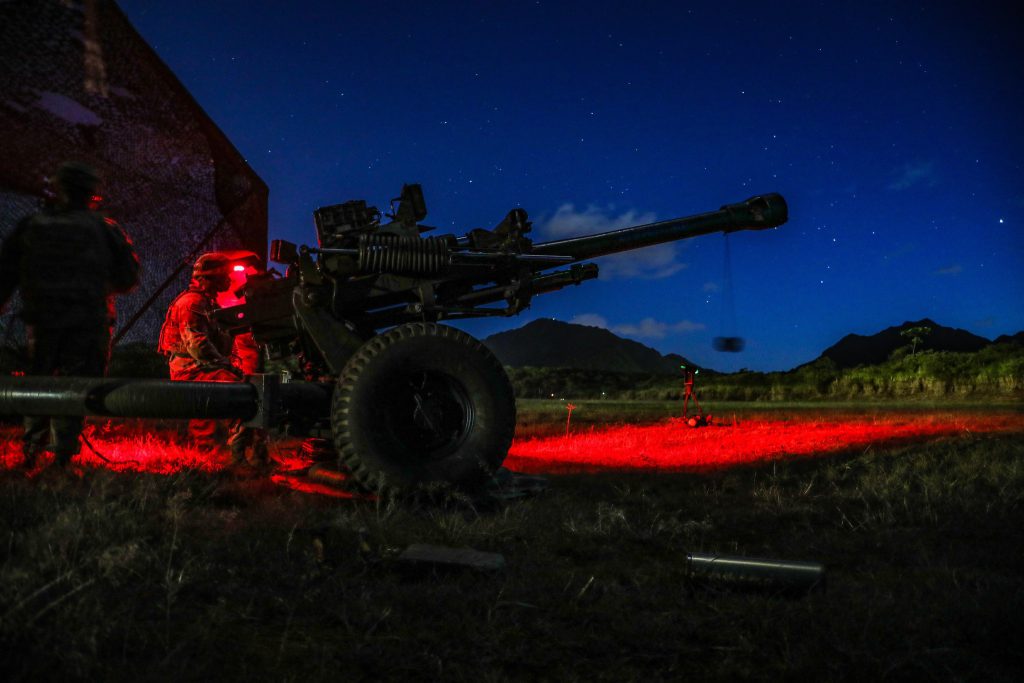

The U.S. Army is looking for the most innovative small business solutions in Artificial Intelligence (AI) and Machine Learning (ML) that will lead to more informed Army decision-making, facilitate autonomous operations and increase the speed and scale of military action.
The Army Applied Small Business Innovation Research (SBIR) Program released four Direct to Phase II and three Phase I contract opportunities in the areas of Electronic Warfare, Sensors, Information Systems Technology, Battlespace Environments and Human Systems. The new topics include:
“Falling behind other countries in the AI race could have devastating consequences for our military superiority,” said Dr. Matt Willis, Army Applied SBIR and Prize Competitions, Office of the Deputy Assistant Secretary of the Army for Research and Technology (DASA R&T). “The Army hopes to leverage small business innovation to develop AI solutions that enable our military to act faster than their adversaries while placing our resources and, most importantly, our Soldiers at lower risk.”
A Direct to Phase II award is up to $1.7M,18 months in duration and available to small businesses that have completed the proof-of-concept stage—meaning they can skip Phase I and start Phase II with Army SBIR funding. A Phase I award is up to $250K, six months in duration for small companies to establish the scientific, technical, commercial merit and feasibility of their proposed innovations.
“Innovative small businesses are more agile and can devote more time and resources to technical problems leading to game-changing solutions,” said Leslie Aitcheson, Program Executive Office (PEO) Communications-Electronics Research, Development and Engineering Center (C5ISR) and a Technical Point of Contact (TPOC). “One of these solutions would provide asynchronous on-chip smart event cameras to eliminate cluttered scenarios with a much-reduced latency and power, and would be able to hand off images of interest to imbedded autonomous target algorithms. This new capability would give the Soldier a superior new capability in warfighting.”
The pre-release period for the seven new topics is Nov. 16 – 29, 2021. During this time, companies can submit questions to the DSIP Portal and via email. Qualified small businesses can submit proposals beginning Nov. 30 and ending Jan. 4 at noon EST. Full proposal packages must be submitted through the DSIP Portal. Additional information, including eligibility information and how to apply, can be found on the Army SBIR|STTR website.
This is the second set of topics released under the new Transition Broker Team construct of the Army Applied SBIR Program, in which Army Soldiers, researchers and technologists, and acquisition officers use technology scouting to identify emerging capabilities from industry that can contribute to the Army’s critical needs. Transition Broker Teams quickly respond to emerging modernization needs and business realities, so topics can be released on a rapid cycle.
To capitalize on small-business innovation and respond to important Defense and Army modernization needs, the Army Applied SBIR Program releases contract opportunities on an ad hoc, rolling basis. This flexibility and timeliness for emerging needs seeks to maximize the initial cash-flow for small businesses while minimizing the time to contract. In this case, the AI/ML Transition Broker Team focuses on areas identified as core Army applications such as cyber defense, predictive behaviors and biometrics.
The Army Applied SBIR program aims to help small businesses overcome the inherent challenges they face when engaging in government research and development compared to their larger counterparts. The awards offer a unique opportunity for small businesses to interact with Army Soldiers and technical subject matter experts, as well as receive feedback on their technology maturation.
“We’re seeking a critical technology for the Army that can aid an intelligence analyst in performing their day-to-day duties by shifting their focus from data-mining to data discovery and deeper more in-depth analysis that supports high value missions and quick reaction capabilities,” said Bridgette Latimer, PEO Intelligence Electronic Warfare & Sensors and TPOC. “By partnering with small businesses, the Army can develop, test, evaluate, and deploy these state-of-the-art technologies at an accelerated pace and obtain feedback from the warfighter and transition them to the warfighter in record time.”
